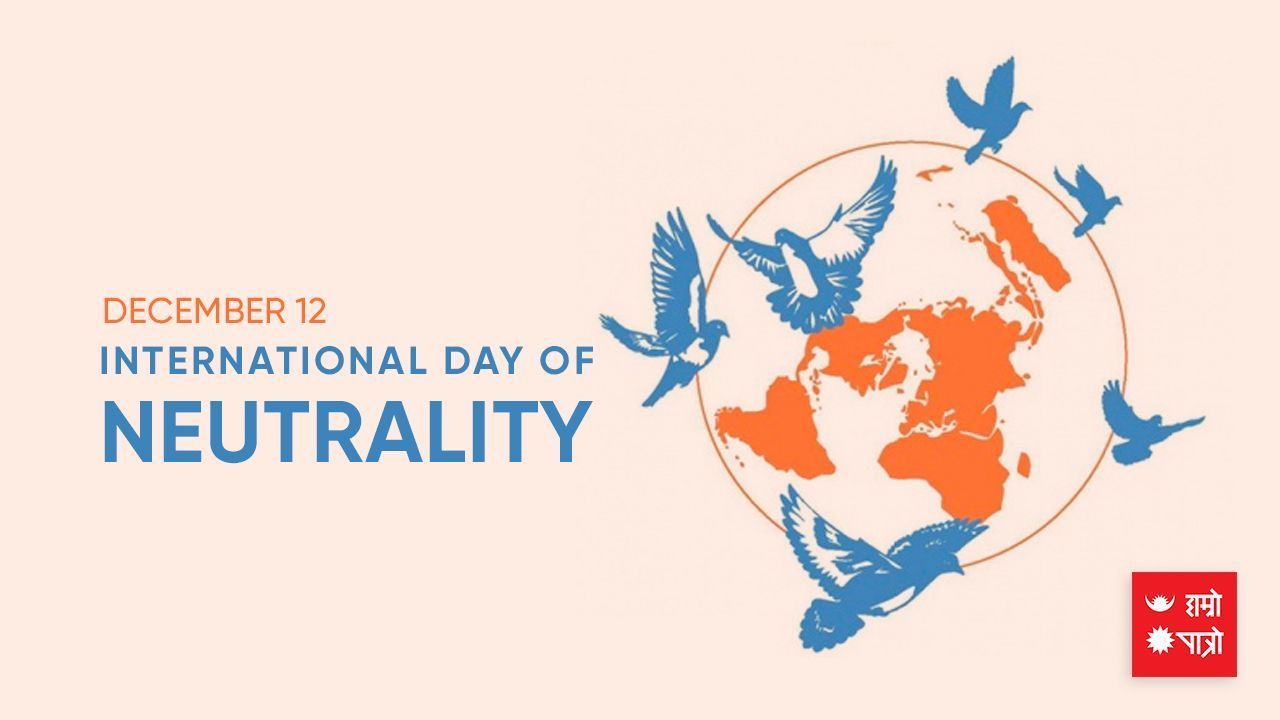
International day of neutrality highlights the importance of remaining impartial, non-aligned, and neutral in conflicts to contribute to peace, diplomacy, and international cooperation.
Background:
Article 2 of the UN charter directs member states to resolve their international disputes peacefully and to avoid any threats including the use of force in their relations. General Assembly reaffirmed those provisions in its resolution 71/275.
The resolution also underlined that some states’ national policies of neutrality can contribute to the strengthening of international peace and security and play an important role in developing mutually beneficial relations among countries of the world.
There are several political tensions and the escalating crisis on the planet, it is of great importance to uphold the principles of sovereignty and the sovereign equality of States, territorial integrity, self-determination and non-intervention in the internal affairs of any State, and to defend, promote and encourage the settlement of international disputes by peaceful means in such a manner that international peace and security are not endangered.
Hence, the policy of neutrality is the only instrument for world peace, integrity, friendly and mutually beneficial relationship between nations in the world.
On 2 February 2017, the UN General Assembly adopted without a vote resolution 71/275 — introduced by Turkmenistan, recognized by the UN as a permanently neutral state since 12 December 1995 — which noted the link between the preservation of peace and the 2030 Agenda for Sustainable Development, and declared 12 December as the International Day of Neutrality.
The aforementioned GA resolution also proposes that UN Secretary-General continue to cooperate closely with the neutral states, with a view to implementing the principles of preventive diplomacy and utilizing them in the mediation activities.
What is the neutrality of nations?
When a country is neutral, it means they are not taking a side in times of war or conflict. One of the best-known examples of neutrality is the country of Switzerland. During both World Wars, Switzerland remained neutral. Their neutrality goes back as far as 1815. As a result of their permanent neutral status, Switzerland has become a safe haven for thousands of refugees over the years.
The importance of neutrality is even more this year, as Russia, Ukraine , Israel, Palestine and other adjacent conflict worlds need a bigger commitment of neutrality.
World needs peace in times of crisis, neutrality is the only instrument. May every nation of the globe mutually and neutrally find ways to combat any sort of global threats, may peace and brotherhood prevail.
Best wishes
-Suyog Dhakal
Liked by: